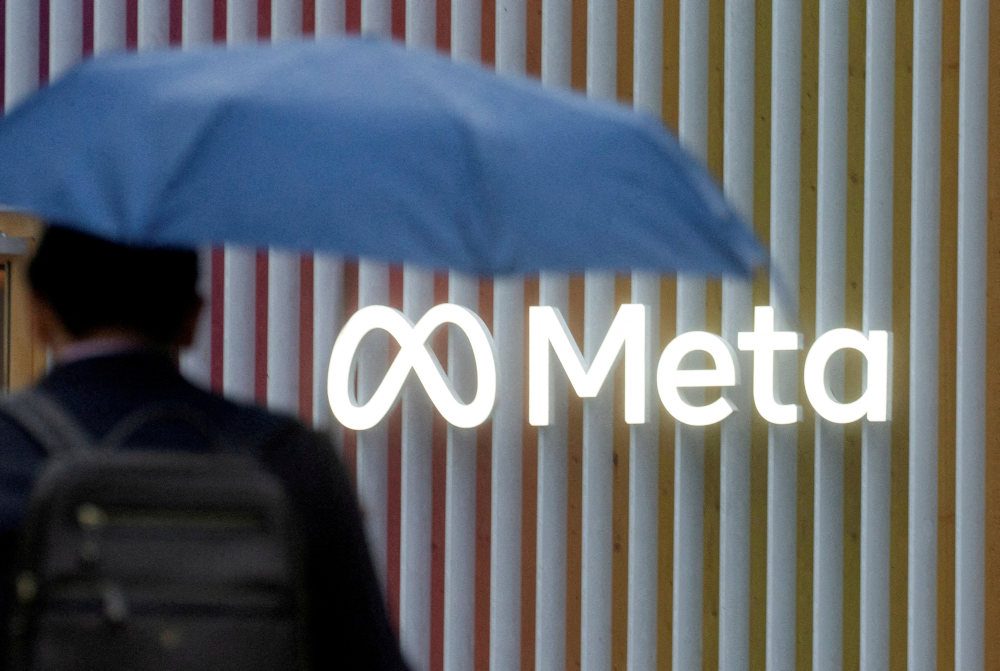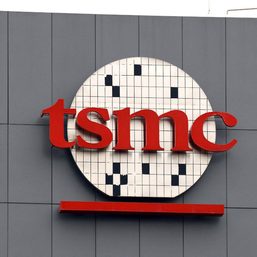SUMMARY
This is AI generated summarization, which may have errors. For context, always refer to the full article.

Meta Platforms on Wednesday, July 26, reported a strong rise in advertising revenue, topping Wall Street financial targets for the second quarter and forecasting third-quarter revenue above market expectations.
The results from Meta, Facebook’s parent company, come a day after a strong performance from Alphabet’s Google and make the case that consumers, and the advertisers eager to reach them, are spending despite broad economic concerns.
Still, the company also forecast that expenses would rise in both 2023 and 2024, citing costs including legal fees and increased spending on infrastructure considered key to the tech sector’s feverish AI race.
That spending comes after aggressive cost-cutting in other parts of the company, including safety teams and basic business functions.
Meta shares were up 7.5% in after-hours trade.
“We continue to see strong engagement across our apps and we have the most exciting roadmap I’ve seen in a while with Llama 2, Threads, Reels, new AI products in the pipeline, and the launch of Quest 3 this fall,” Meta Chief Executive Mark Zuckerberg said.
Meta’s second-quarter revenue grew 11% to $32 billion in the quarter ended June 30, compared with analysts’ average estimate of $31.12 billion.
Ad revenue rose 12% in the quarter, faster than growth at Google, where ad revenue rose 3%. Adjusted earnings per share of $2.98 topped Wall Street targets of $2.91, according to data from Refinitiv.
The social media giant has been climbing back from a bruising 2022, buoyed by hype around emerging AI technology and an austerity drive in which it has shed around 21,000 employees since last fall.
The company’s shares have more than doubled in value this year as a result.
Advertisers are reinforcing those gains by pumping money into digital ads again after months of muted spending, heartened by signs that the economy may overcome a bout of high inflation without suffering a major meltdown.
Brands are hedging their bets, however, and sticking with tried and true platforms. That helps Meta and Alphabet while punishing smaller players like Snap, which reported disappointing sales on Tuesday.
Meta’s revenue forecast did not specify whether the figure includes any sales that might come from the recently launched Threads app, which does not yet have ads.
Losses and expenses
The revenue gains provide relief as Meta makes massive investments to upgrade its data centers and stay competitive in an emerging arms race around AI technology, while continuing to invest more than $10 billion a year in a longer-term bet on “metaverse” hardware and software.
Meta cut its capital expenditure forecast for 2023, driven in part by pushing some costs related to artificial intelligence into 2024, when capex is expected to grow.
Zuckerberg told investors that executives were “debating heavily” how much AI capacity to bring online to prepare for a potential explosion in need. He saw three product categories for AI: features for advertisers, AI agents on chat, and internal company productivity tools.
He said he envisioned some revenue coming from Meta’s recently released Llama 2 model, which is largely open source but requires a license for use by companies with more than 700 million users.
“We want this to be open. But if you’re someone like Microsoft or Amazon or Google and you’re going to basically be reselling these services, that’s something that we think we should get some portion of the revenue for,” Zuckerberg said.
Meta’s Reality Labs unit, which is responsible for developing metaverse-oriented technology like augmented reality glasses, reported sales of $276 million, down from $452 million in the same quarter last year.
The unit lost $3.7 billion in the second quarter, putting it on track to have far higher costs than the $5 billion annual target set out in a widely circulated investor note in the fall.
The unit has lost more than $40 billion since 2021, including $13.7 billion last year.
Meta said it expected Reality Labs operating losses to “increase meaningfully” in 2024 as the company continued to invest in augmented and virtual reality and “scale our ecosystem.” Zuckerberg had previously said Meta would “pace” investments in the division after 2023.
He told investors he understood why many of them would feel discomfort over such a long-term bet.
The company expects 2023 total expenses in the range of $88 billion to $91 billion, compared with its previous forecast of $86 billion to $90 billion, citing “legal-related expenses.”
Meta said second-quarter expenses included legal costs of $1.87 billion, mostly related to a fine by Ireland’s Data Protection Commissioner in May for transferring user information to the United States. The fine itself was 1.2 billion euros ($1.3 billion).
It said it expected “higher infrastructure-related costs” in 2024, as well as growth in payroll expenses “as we evolve our workforce composition toward higher-cost technical roles.” – Rappler.com
Add a comment
How does this make you feel?





There are no comments yet. Add your comment to start the conversation.